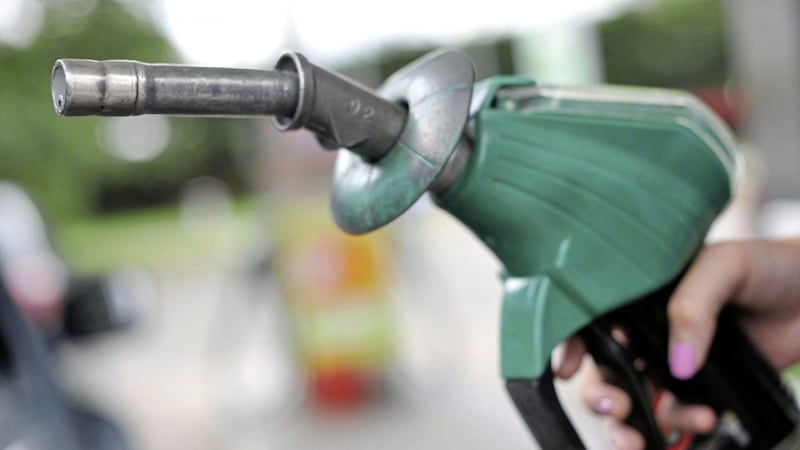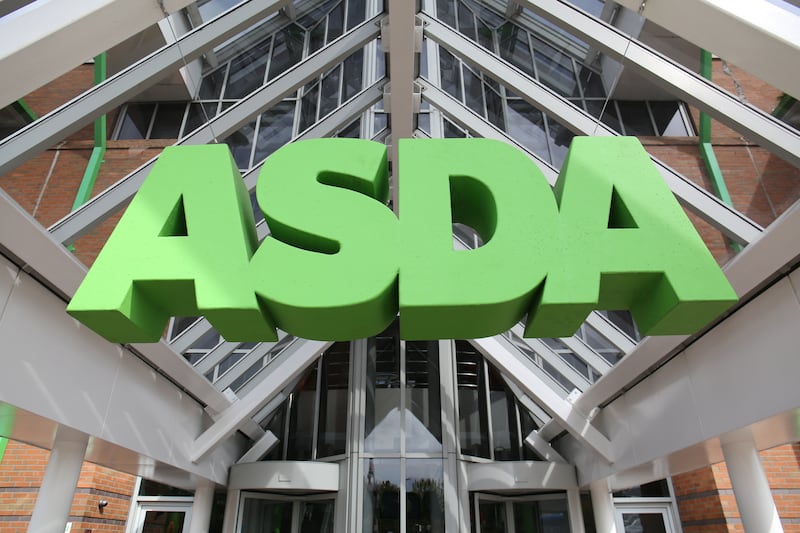IN an unexpected decline the UK inflation rate fell to 2.6 per cent last month, influenced heavily by lower fuel prices.
Cheaper prices at the petrol pumps has helped drive the down the CPI (Consumer Price Index) inflation rate by 0.3 per cent from 2.9 per cent in May, but while the reduction is a welcome boost, the cost of living has remained above the Bank of England's target of two per cent.
This unexpected easing marked the first fall in the annual inflation rate since October 2016, but the 2.6 per cent rate is ahead of wage growth over the year, which stands at two per cent.
The main downward pressure on the cost of living came from fuel, which saw the fourth consecutive month of falling prices, dropping 1.1 per cent between May and June.
Petrol prices dropped by 1.1p over the period to 115.3p per litre, while diesel also declined by 1.4p to 117.3p.
Recreational and cultural goods, which includes computer games, was also driving overall prices lower after dropping by 0.1 per cent on the month following a rise of 0.6 per cent over the same period last year.
Upward pressure on everyday prices came from food, which saw costs ease back by a smaller 0.3 per cent in June compared with a 0.4 per cent fall for the same month in 2016.
Danske Bank economist Conor Lambe said despite the fall in inflation, real wage growth is still in negative territory.
“Above target inflation, and the accompanying negative real wage growth, is continuing to squeeze UK consumers and this is likely to be reflected in next week’s preliminary estimate of GDP growth in the second quarter of this year.”
Chief economist for Ulster Bank Richard Ramsey said the fall in the inflation rate was welcome, but consumers would continue to feel the squeeze for the next 18 months.
"With average earnings rising at a lower rate than CPI, real wages are falling. Furthermore, inflation will continue to erode the purchasing power of welfare benefits, many of which have been frozen. Therefore, the cost of living squeeze will continue for the next 12-18 months. This is likely to be felt most acutely in Northern Ireland."
Ulster University senior economist Esmond Birnie said the long-term economic prospects remained "troublesome".
"This decline gives the economy and UK policy makers a little breathing space- it could help push back interest rate increases- but in the long run the position is still troublesome. Pressure to raise Bank of England interest rates will continue and even at the lower rate of 2.6 per cent annual price inflation is higher than average wage growth across the UK."








